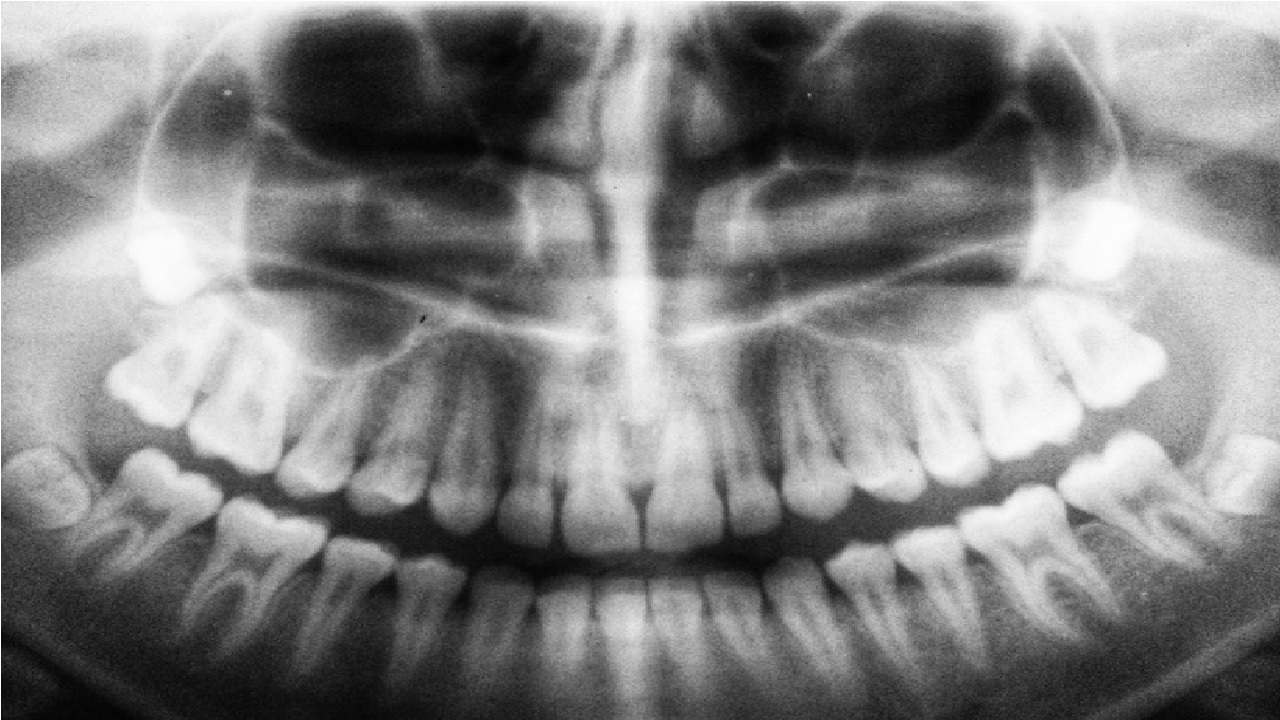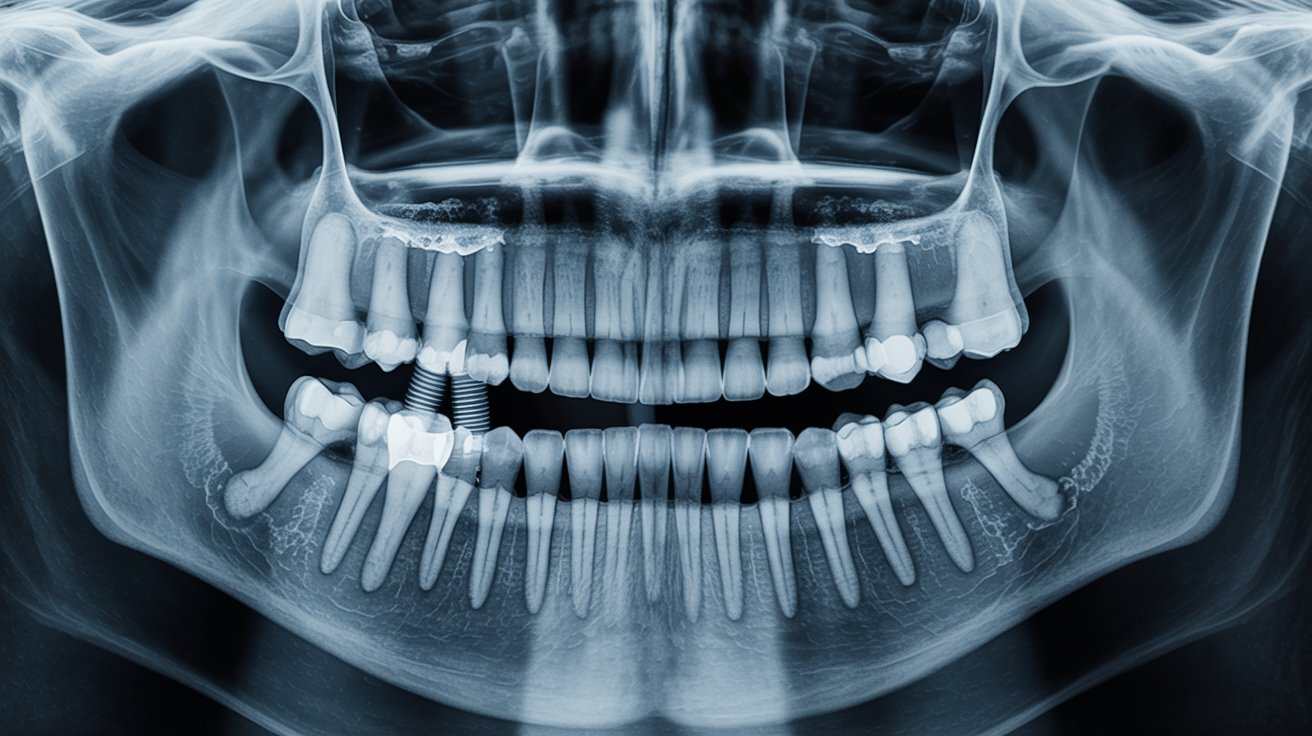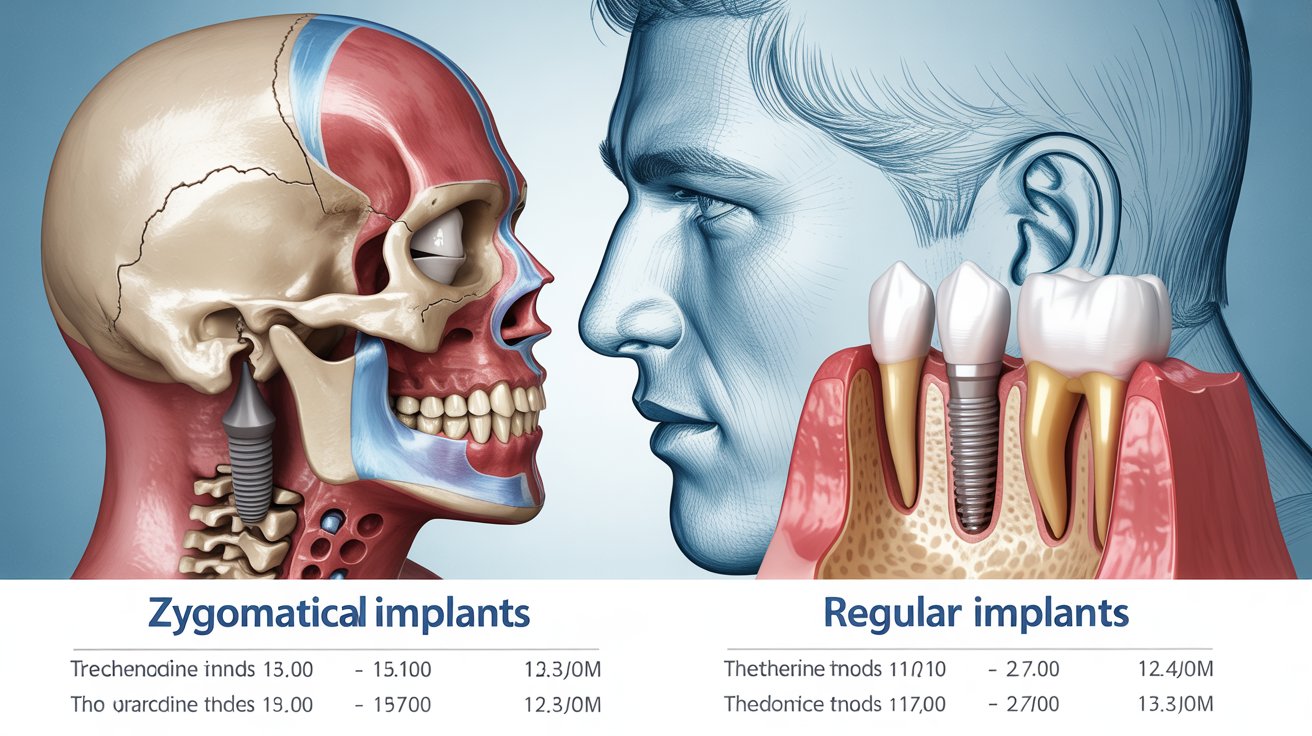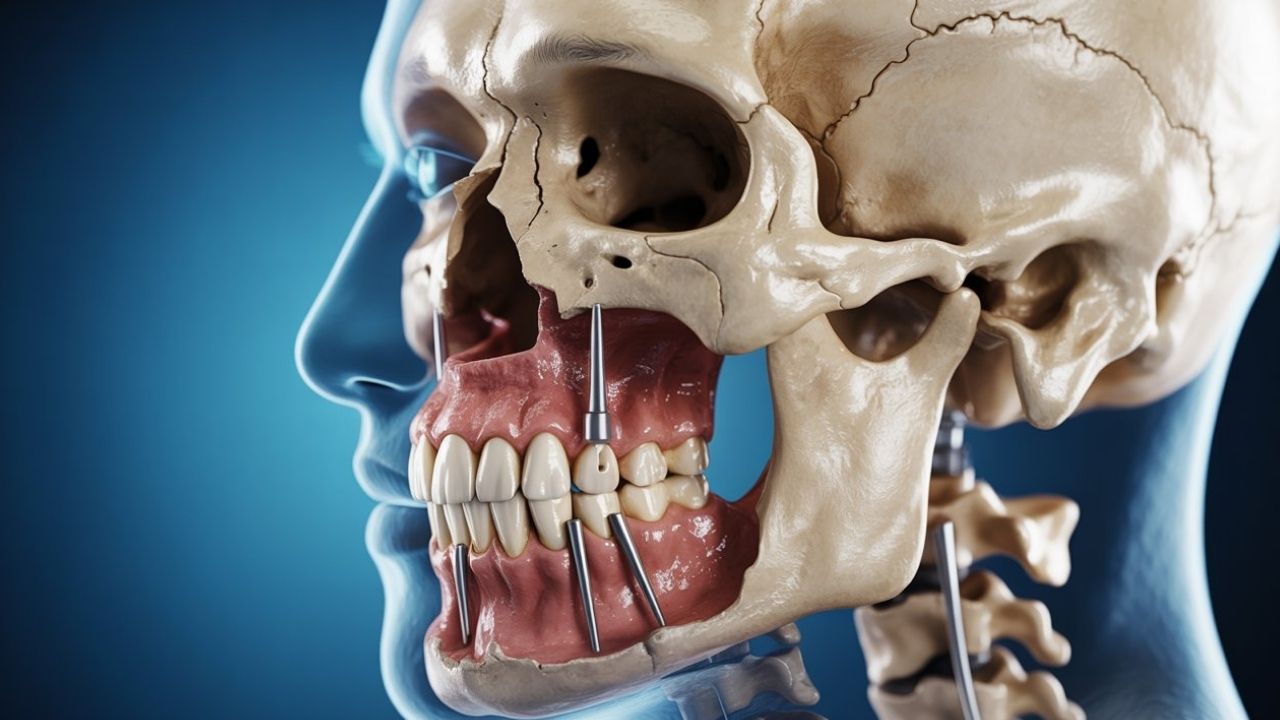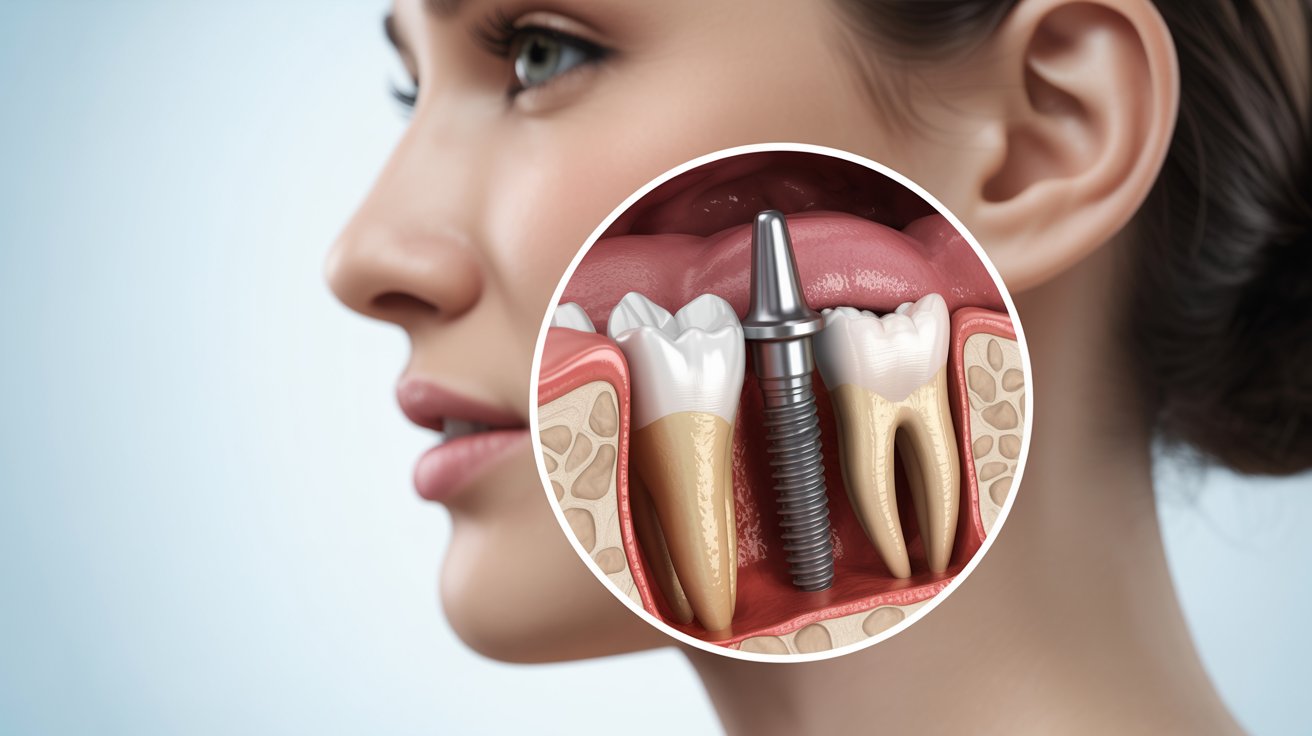Dental implants world has got attention on the severe bone resorption and zygomatic implants. These topics are often discussed together, because the latter is an effective solution for cases where the jawbone has significantly deteriorated. Here you will explore what severe bone resorption is, what are the pros and cons of zygomatic implants, and what you can expect after zygomatic implant surgery.
What is Severe Bone Resorption?
Firstly, what is severe bone resorption? It is the loss of bone mass and density in the jaw. These are all often caused by aging, tooth loss, periodontal disease, or other factors that lead to the weakening of the bone structure. If you do not have enough bone volume, traditional dental implants may not be feasible for treatment. So, this can cause significant issues for patients who require dental restoration.
What are the Common Causes of Severe Bone Resorption?
| Tooth Loss | The lack of stimulation from teeth mat lead to bone shrinkage. |
| Periodontal Disease | Inflammation and infection of the gums and bones have afftect on acceleration bone loss.
|
| Aging | As you get older, bone density naturally decreases. So, It can lead to resorption. |
How Does it Affect Dental Treatments?
If severe bone resorption occurs, there may not be enough bone left to support a regular dental implant. This might make it difficult for patients to replace lost teeth effectively, leading to the need for alternative solutions like zygomatic implants.
Zygomatic Implants As the Solution for Severe Bone Loss
Zygomatic implants are an innovative alternative for patients who are suffering from severe bone resorption in their upper jaw. Different from traditional dental implants that rely on the jawbone for support, zygomatic implants are applied into the zygomatic bone (cheekbone) with the help of bypassing the need for healthy jawbone.
How Do Zygomatic Implants Work?
Zygomatic implants are longer than regular implants. Also,they are strategically placed into the zygomatic bone. This bone is more stable and it has greater bone density than the upper jaw. It is minimally invasive. More, it can replace multiple missing teeth with a single implant or multiple implants thart are making it ideal for patients with severe bone loss.
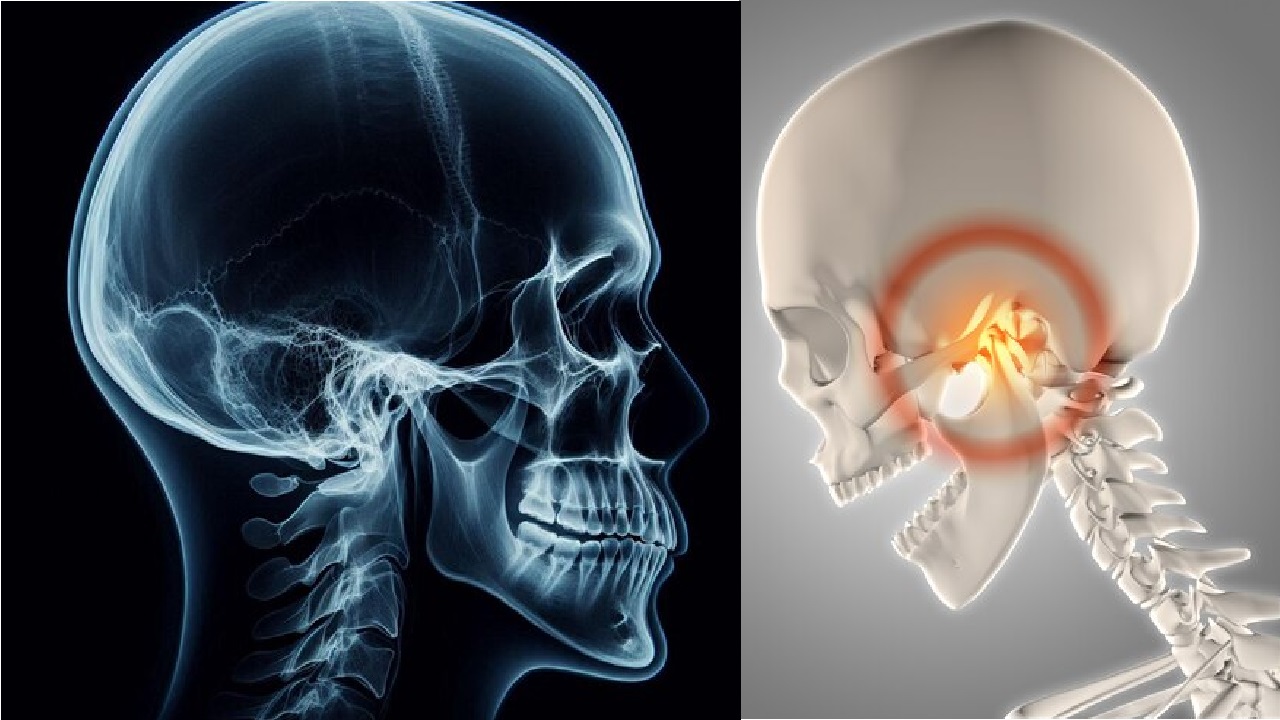 What are the Pros and Cons of Zygomatic Implants
What are the Pros and Cons of Zygomatic Implants
There are of course positive and negative sides of zygomatic implants. Firstly let’s see the pros and cons of zygomatic Implants.
Pros of zygomatic implants
- Zygomatic implants provide an immediate solution for those with insufficient bone in the upper jaw.
- Unlike bone grafting, which can take months, zygomatic implants can often be placed in a single procedure, reducing the total treatment time.
- Zygomatic implants allow for the restoration of both appearance and function in patients with significant bone loss.
- Traditional bone grafting procedures can be complex and require multiple surgeries. Zygomatic implants offer an alternative that may not require bone grafting.
Cons of Zygomatic implants
- Zygomatic implant surgery is more intricate than traditional implant surgeries, requiring specialized training and expertise.
- Due to the complexity and the need for specialized surgeons, zygomatic implants can be more expensive than regular dental implants.
- As with any surgery, there are risks of complications, such as infection or implant failure, though these are relatively rare with proper care.
- Zygomatic implants are typically reserved for patients with severe bone loss in the upper jaw. For people who are without this condition, traditional implants or other restorative options may be more appropriate.
What to Expect After Zygomatic Implant Surgery?
After zygomatic implant surgery, patients typically experience a recovery period, which can vary depending on individual health, the complexity of the procedure, and the number of implants placed.
You need to face with the situations as below detiled after zygomatic implant surgery.
- First, mild swelling, bruising, and discomfort, these are all common in the first few days after surgery. This is usually managed with prescribed pain medication.
- Second, while zygomatic implants are designed for quicker recovery compared to traditional bone grafts, it can still take several months for the implants to fully integrate with the bone.
- Third, for the first few days or weeks, soft foods and liquids are advised to avoid putting too much pressure on the newly placed implants.
- Fourth, regular check-ups with your oral surgeon are important to monitor the healing process and ensure that the implants are integrating well with the bone.
Moreover, there are some long term care steps you need to follow after zgomatic implant surgery such as; a good oral hygiene that prevents infection and ensures longevity of implants and life style adjestments like stopping smoking, decreasing consume of alcohol, etc.
How to Perform Dental Implants for Severe Bone Resorption?
To sum up, zygomatic implants offer a trustworthy and effective solution for patients who are suffering from severe bone resorption. It helps for both function and appearance when traditional dental implants aren’t an option.
While the procedure has its benefits, it’s important to carefully weigh the pros and cons, especially considering the complexity and costs involved. If you’re struggling with severe zygomatic bone loss, zygomatic implants could be the right choice for restoring your smile and improving your quality of life.
If you’re considering this procedure, consult with a skilled oral surgeon who can evaluate your specific case and guide you toward the best treatment plan. Here you have explored what severe bone resorption is, what are the pros and cons of zygomatic implants, and what you can expect after zygomatic implant surgery.
View Zygomatic Implant Before After Photos
